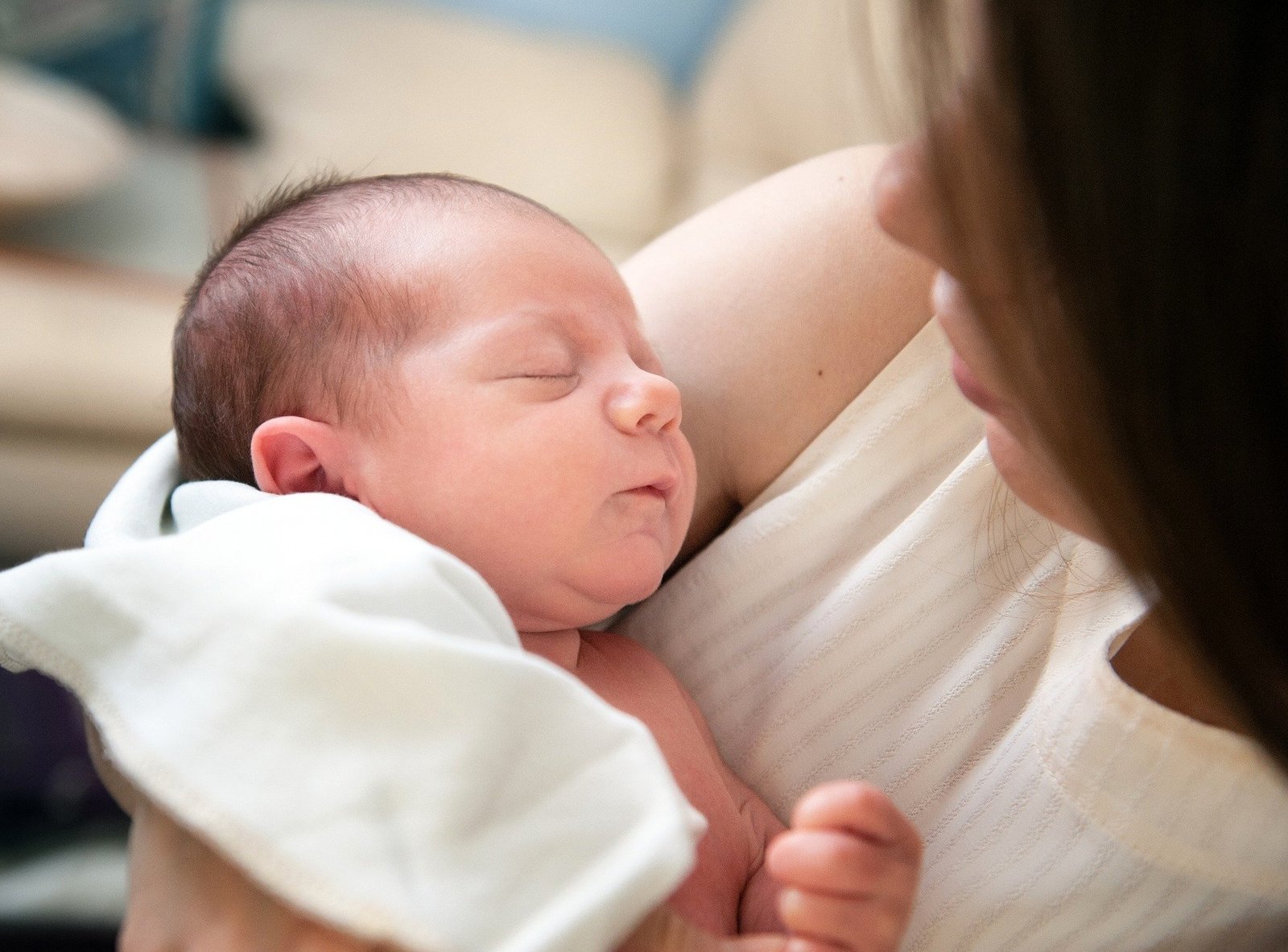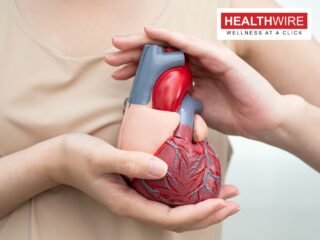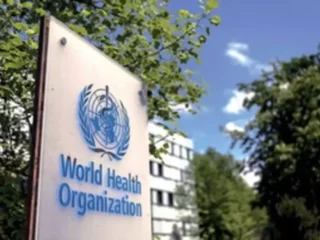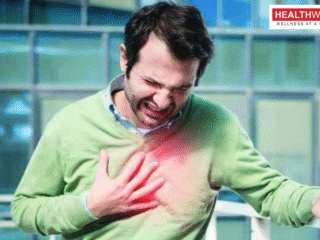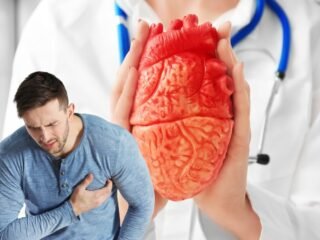A recent study has found that mothers who are infected with COVID-19 and those who get vaccinated against the disease produce breast milk with active SARS-CoV-2 antibodies.
The study however has been recently published in the journal JAMA Pediatrics does not suggest that breast milk antibodies can provide protection against coronavirus for nursing children.
Samples from 77 mothers — 47 in the infected group, 30 in the vaccine group were collected from the researchers to determine the level of antibodies in breast milk with time.
They said, mothers who had disease-acquired immunity produced high levels of Immunoglobulin A (IgA) antibodies against the coronavirus in breast milk, while vaccine-acquired immunity produced healthy Immunoglobulin G (IgG) antibodies.
According to the researchers, both antibodies provided neutralisation against SARS-CoV-2, the first time such indication has been exposed for both IgA and IgG antibodies. A neutralising antibody defends a cell from an infectious particle by avoiding any effect it has biologically.
The study co-author Bridget Young, an assistant professor at the University of Rochester Medical Center (URMC), US said, “It’s one thing to measure antibody concentrations, but it’s another to say that antibodies are functional and can neutralise the SARS-CoV-2 virus.”
“One of the exciting findings in this work is that breast milk from both mothers with COVID-19 infection, and from mothers receiving mRNA vaccination contained these active antibodies that were able to neutralise the virus,” Young said.
The researchers said, the study represents the longest time period that disease-acquired antibodies have been examined post-illness, and the results showed that these antibodies exist for three months after infection. For inoculated mothers, the study found proof of a mild-to-modest decline in antibodies, on average, three months post-vaccination.
“The trend in breast milk antibodies aligns with what we see in vaccination sera,” said study co-author Kirsi Jarvinen-Seppo, Chief of Pediatric Allergy and Immunology at URMC. “After a few months, the antibodies trend downward, but the levels are still significantly above what they were pre-vaccine,” Jarvinen-Seppo said.
However, the team, including researchers from New York University, US, noted that it is not yet shown whether these breast milk antibodies can provide protection against COVID-19 for nursing children.
“The study does not imply that children would be protected from illness, and breast milk antibodies may not be a substitute for vaccination for infants and children, once approved,” Jarvinen-Seppo added.

